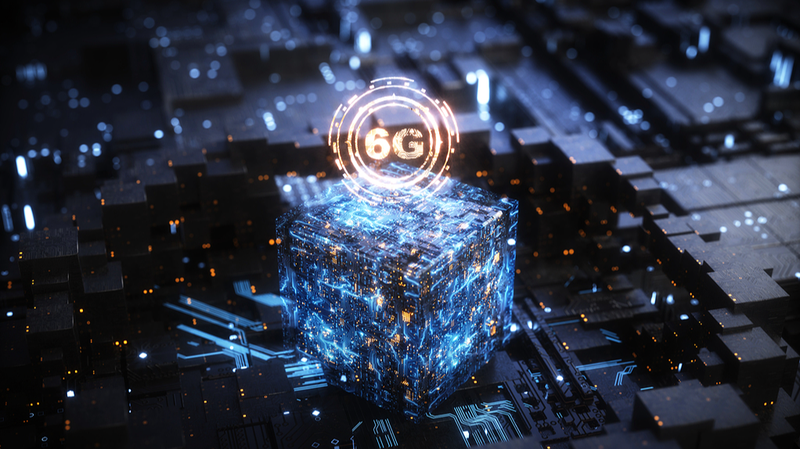New research has revealed an unexpected twist in our nightly routines. A pioneering study has found that chronic exposure to artificial blue light during the night may trigger depression-like behaviors, affecting how our brain regulates mood!
The experiment, conducted on tree shrews—diurnal mammals genetically close to primates—exposed these creatures to blue light for two hours each night over three weeks. After the exposure, the subjects showed a 20% drop in sucrose preference, reduced exploratory behavior, and even memory deficits. This could resonate with our tech-savvy late-night habits! 😊
Using advanced neural tracing techniques, the research team uncovered a previously unknown visual circuit. They discovered that specialized retinal ganglion cells send signals directly to the perihabenular nucleus (pHb), which then relays messages to the nucleus accumbens, a core center for mood regulation. Remarkably, when the pHb neurons were silenced, the depression-like behaviors did not develop any longer.
Published in the Proceedings of the National Academy of Sciences, the study was led by experts from the University of Science and Technology of China, the Kunming Institute of Zoology of the Chinese Academy of Sciences, and Hefei University. As urban life, screen exposure, and light pollution become ever more common, these findings offer valuable insights into how even our nighttime routines may affect our mental health. So, next time you’re scrolling under blue light, remember that your brain might be processing more than you think! 🌃💡
Reference(s):
Study finds link between nighttime artificial light and depression
cgtn.com




